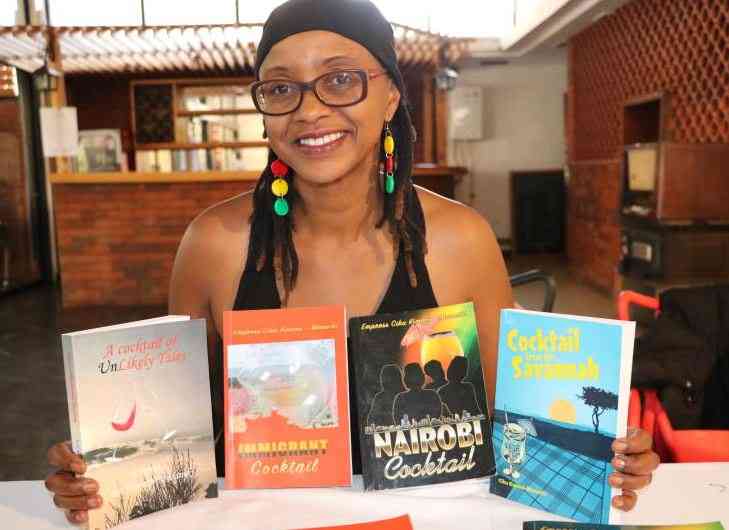×
The Standard e-Paper
Home To Bold Columnists

During Empress Ciku Kimani-Mwaniki 's last book launch, a couple met for the first time, started dating and it is going well so far. Ciku tells us to expect a wedding soon.
Now, Ciku, who has authored four books, will be launching her fifth book, NaiRobbery Cocktail, to coincide with her 50th birthday, next Saturday, November 30, at 910 James Gichuru.